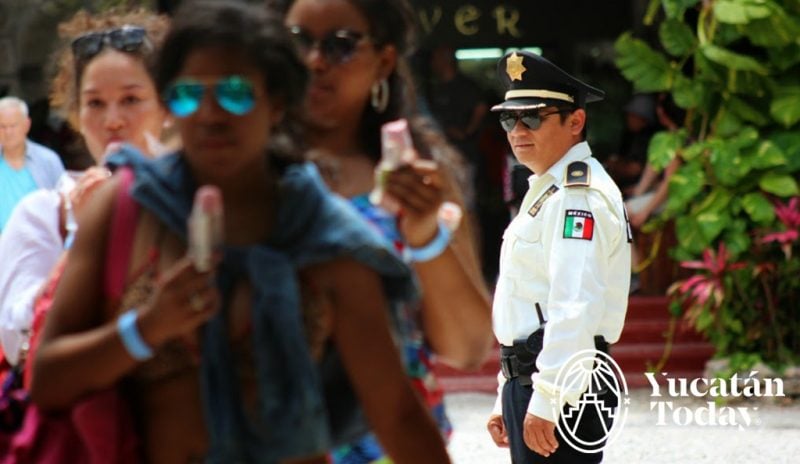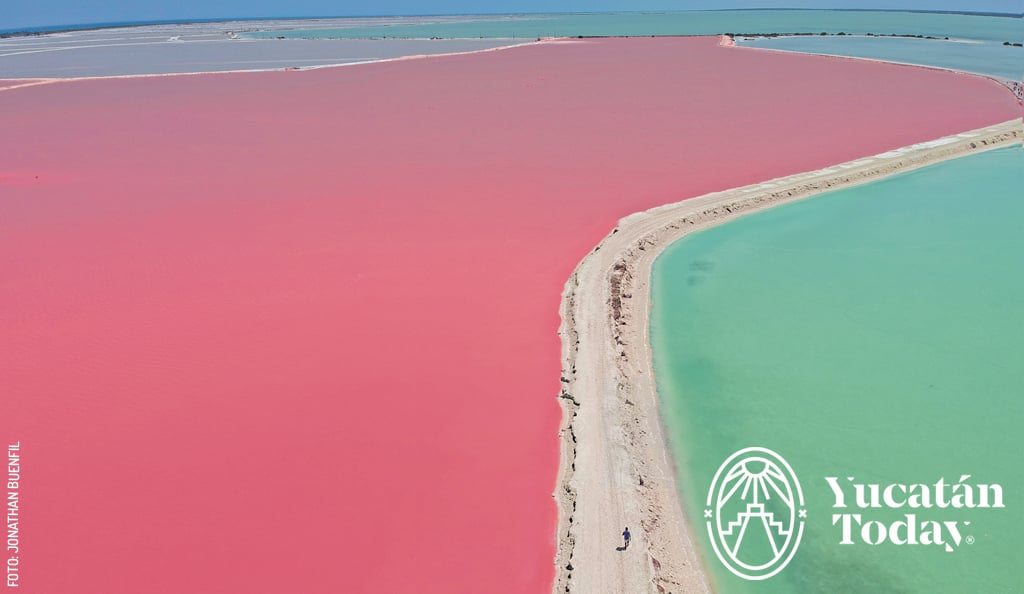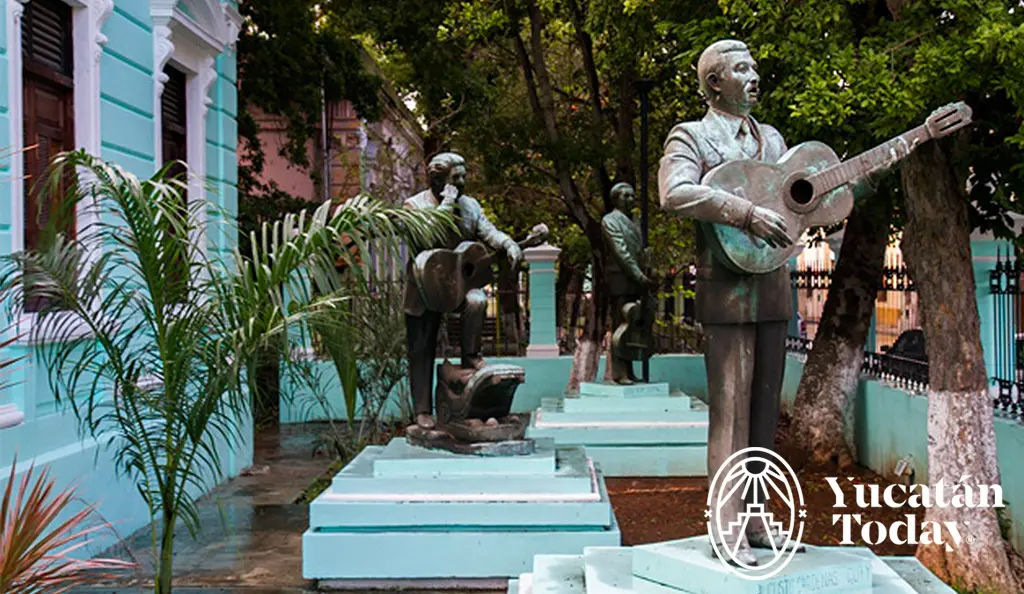
What’s Up With the Police Checkpoints in Yucatán?
If you are driving around Yucatán, exploring the many wonderful places and attractions, you can rest assured that you will not only be safe, but find that people are happy to help you get from that small town famous for its tamales to the cenote down the lonely dirt road.
One thing you might encounter when driving is a Retén (reh-TEN). This is a roadblock, manned by either the state police or federal police (now known as Guardia Nacional), or even the military, depending on where you find it. You don’t need to worry unless you are a gunrunner or are transporting illegal drugs.
For example, under the overpass where the Chetumal and Cancun highways converge, there is an imposing roadblock where two lanes turn into one, and occasionally you may have to wait to get through. At these heavily-manned checkpoints, federal and state law enforcement will be waving vehicles through, one at a time and anything looking remotely suspicious (a group of young twenty-something males in an SUV with out-of-state license plates for example) will be examined more closely. It is not unusual to also see a canine sniffing for drugs or explosives.
When moving between states (from Yucatán to Campeche or Quintana Roo) you will see a heavy police presence, usually on the Yucatán side with Yucatán state police, potentially stopping anyone they deem worthy of a second look. You may be asked to pop the trunk, and it is not a bad idea to step out of the vehicle (unless instructed otherwise) and accompany the officer when poking around in your cooler or luggage.
Some visitors from North America, seeing such displays of police muscle with bulletproof vests and high-caliber firearms, are at first alarmed, but remember they are there to preserve Yucatán’s reputation as the safest state in the country, and Mérida as the safest Mexican city. We should also note that Yucatán’s police force is among the country's best-paid (and most respected); research suggests these facts are not unrelated.
Smaller roadblocks and checkpoints pop up occasionally here and there as well. Usually manned by state police only with a patrol car or two and 2 or 3 officers, these are more of a random nature and are set up on side streets and city avenues to catch cell phone users and seat belt deniers.
Finally, at night be aware of disco-flashing blue and red lights accompanied by a significant number of state police and even medical personnel, taking breath samples in their quest to keep drunk drivers off the road. These show up after dark on the Periférico (Merida’s ring road) and the Progreso - Merida highway on weekend afternoons. Yucatán now has restrictions on drinking and driving and you will spend a night in the “tank” if you are found over the 0.08% BAC limit.
Best advice? Don’t drink and drive! Rideshare and taxi options exist along with services specifically targeted at people visiting bars and restaurants or attending social functions like weddings. Set your ride up before heading out and leave the car at home if alcohol is in your immediate future.

Author: Ralf Hollmann
A bonafide Yucatecan born in Germany and raised in Canada, with a degree in Hospitality and Tourism from the British Columbia Institute of Technology and an occasional source of sometimes-deserved snark, Ralf has experience traveling, leisure tourism, copyediting, creative writing. He also plays the guitar and enjoys taking photos. IG: ralf.around.the.world
Receive the latest articles and much more from the best of Yucatán in your email!
Related articles

Perfect in Pink: Las Coloradas
There has been much talk of Yucatán’s photogenic pink lagoons, massive salt mountains and unspoiled beaches. This is our guide to your best...
Life in the Tropics - Dress Code for Men
A new arrival to Yucatán might have many questions regarding the dress code. Here's our guide to dressing like a Yucateco, and respecting local...



